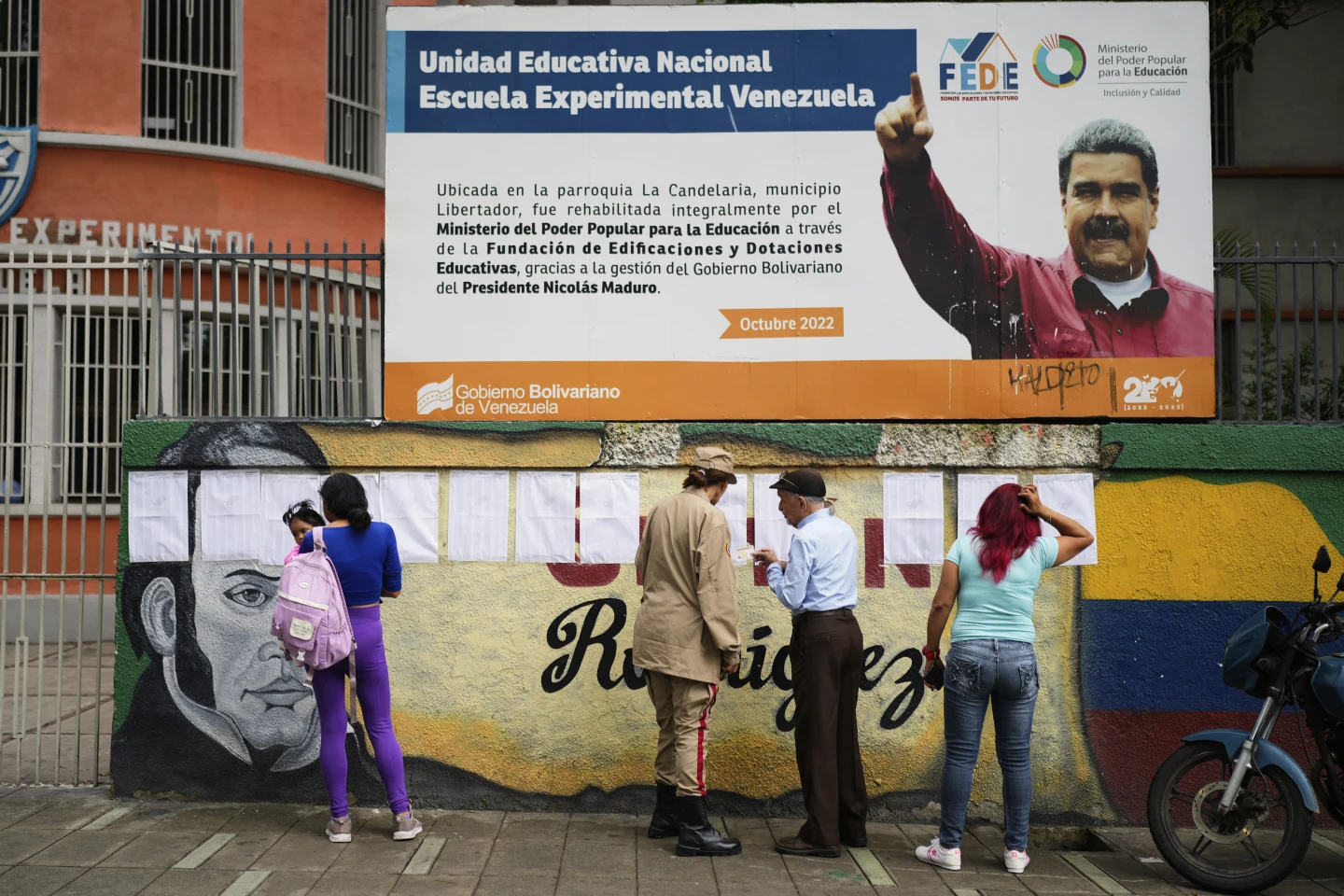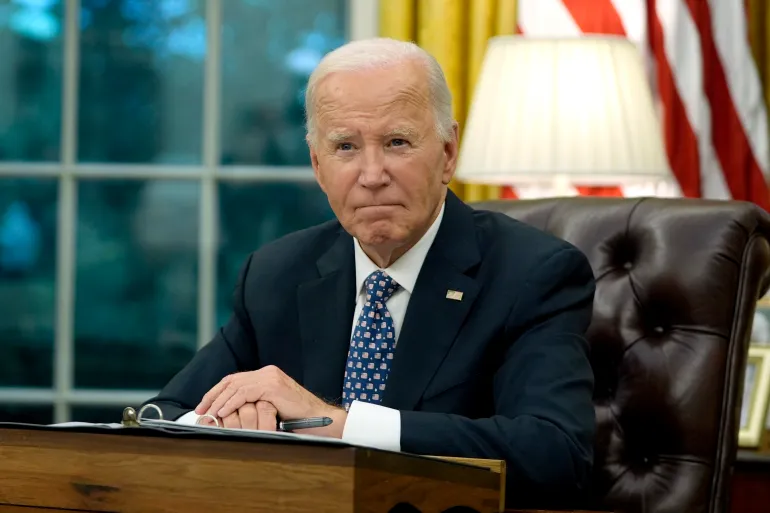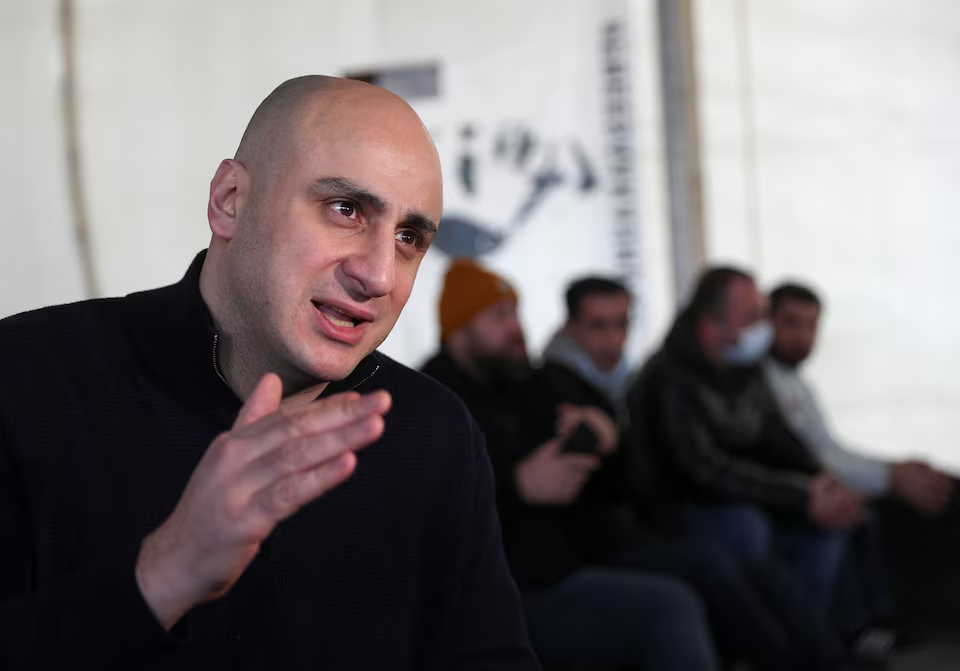Venezuela’s latest regional elections, held under the watch of President Nicolás Maduro’s authoritarian regime, have been marred by opposition boycotts, political repression, and widespread allegations of electoral manipulation. The May 2025 vote, viewed as a key test ahead of next year’s presidential race, has deepened the country’s political crisis and cast further doubt on the integrity of its electoral process.
While government-aligned candidates claimed sweeping victories across key states and municipalities, the elections were boycotted by major opposition leaders, including María Corina Machado, who condemned the vote as a “fraudulent exercise in control, not democracy.”
“This was not a vote — it was a simulation,” Machado said. “The people were denied choice, transparency, and hope.”
🚫 Boycott and Crackdown
The main opposition coalition refused to participate after dozens of its candidates were barred from running, detained, or subjected to judicial harassment. Machado, a prominent opposition figure and former presidential hopeful, had been disqualified from public office last year — a move widely condemned by international rights groups as politically motivated.
Leading up to the vote, security forces raided opposition offices, shut down critical media outlets, and reportedly intimidated local organizers. In some areas, voters reported military presence at polling sites, raising fears of surveillance and coercion.
“People are afraid,” said a Caracas-based human rights lawyer. “This election happened under fear, not freedom.”
🗳️ Maduro’s Power Consolidation
With the opposition sidelined, pro-Maduro candidates swept nearly all governorships and mayoralties, cementing his party’s hold over local institutions. Observers say the vote was less about genuine public participation and more about reinforcing Maduro’s control ahead of the 2026 presidential race.
Maduro, in a televised address, hailed the outcome as a “victory for peace and sovereignty,” but critics argue it highlights a regime increasingly detached from democratic legitimacy.
“He’s building a facade of democracy to mask total authoritarian rule,” said a former Venezuelan diplomat.
🌍 International Condemnation
The United States, European Union, and several Latin American governments have rejected the legitimacy of the elections, calling for renewed negotiations, free political participation, and the restoration of electoral guarantees. The Organization of American States (OAS) criticized the vote as falling “far short of democratic standards.”
However, support from Russia, Iran, and Cuba has allowed the Maduro regime to weather international sanctions and maintain its grip on power despite a collapsing economy and mass emigration.
What to Watch
- Whether Maduro allows international monitors for the 2026 election
- Further repression or arrests targeting opposition activists
- Rising political unrest or protest movements
- International diplomatic and economic responses
- The role of Venezuelan diaspora and exiled opposition in shaping the coming year
The regional elections in Venezuela were meant to offer a glimpse into the country’s political future. Instead, they have underscored a deepening autocracy, where elections are held not to empower the people, but to legitimize a regime clinging to power by force, fear, and fraud.
Source; AP News



